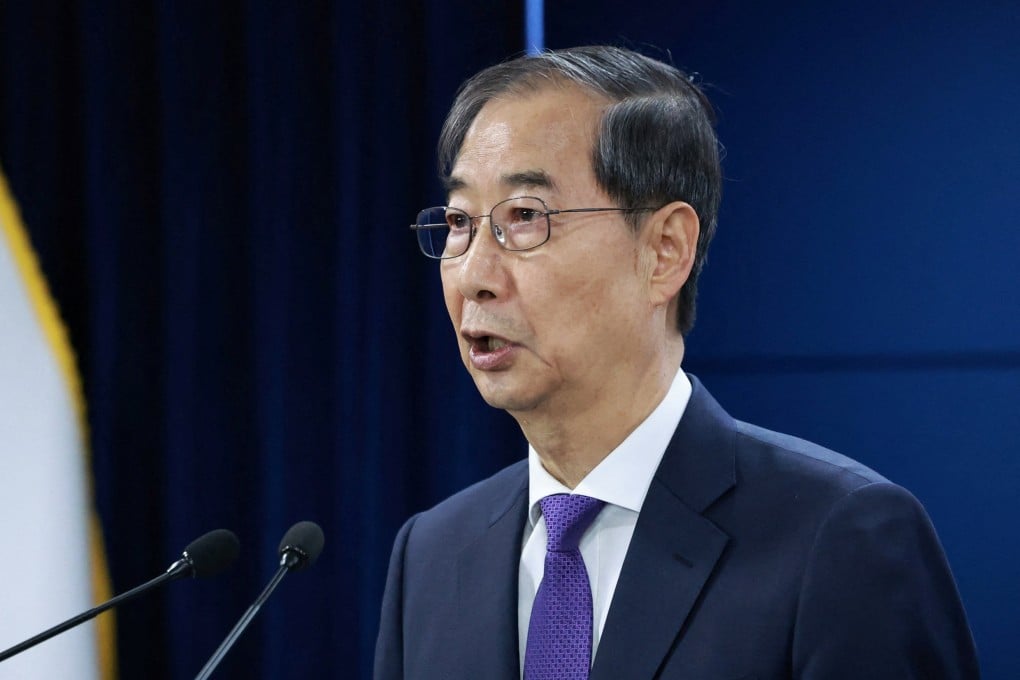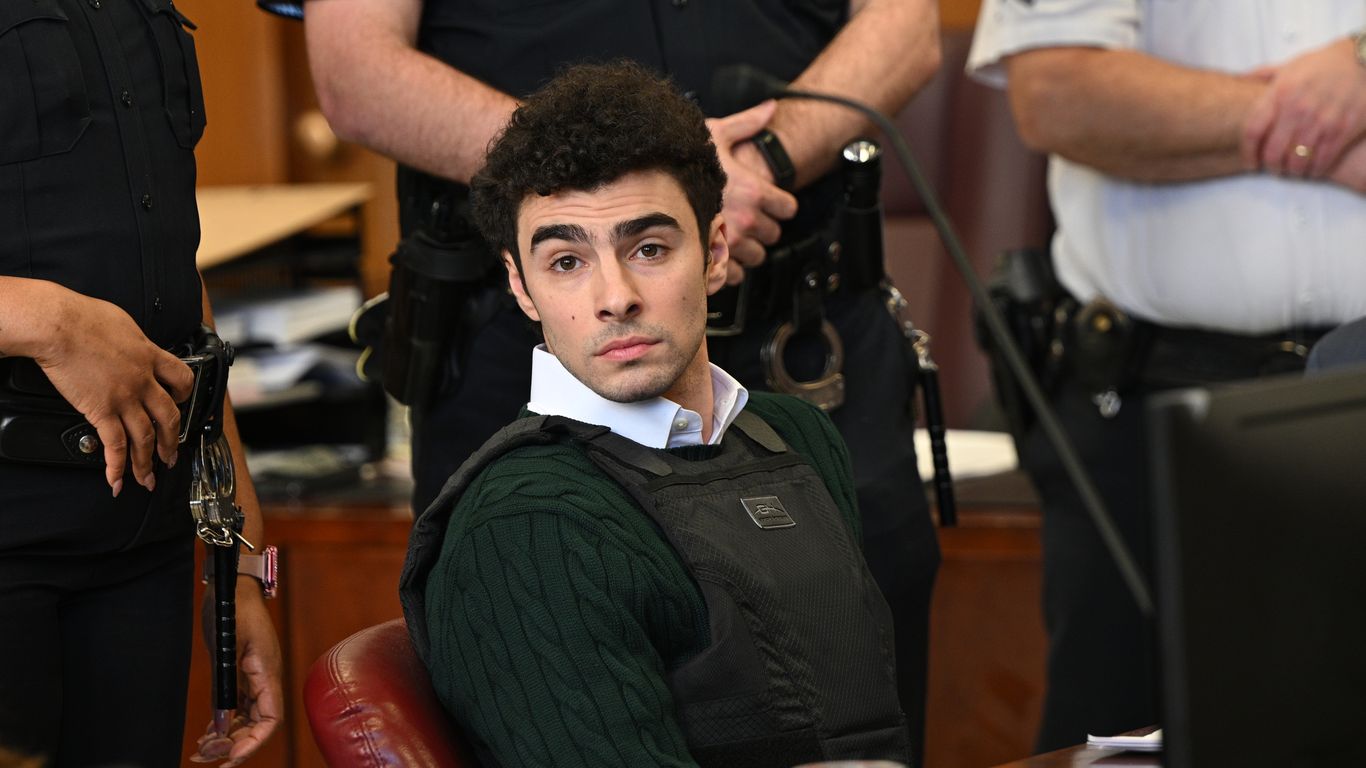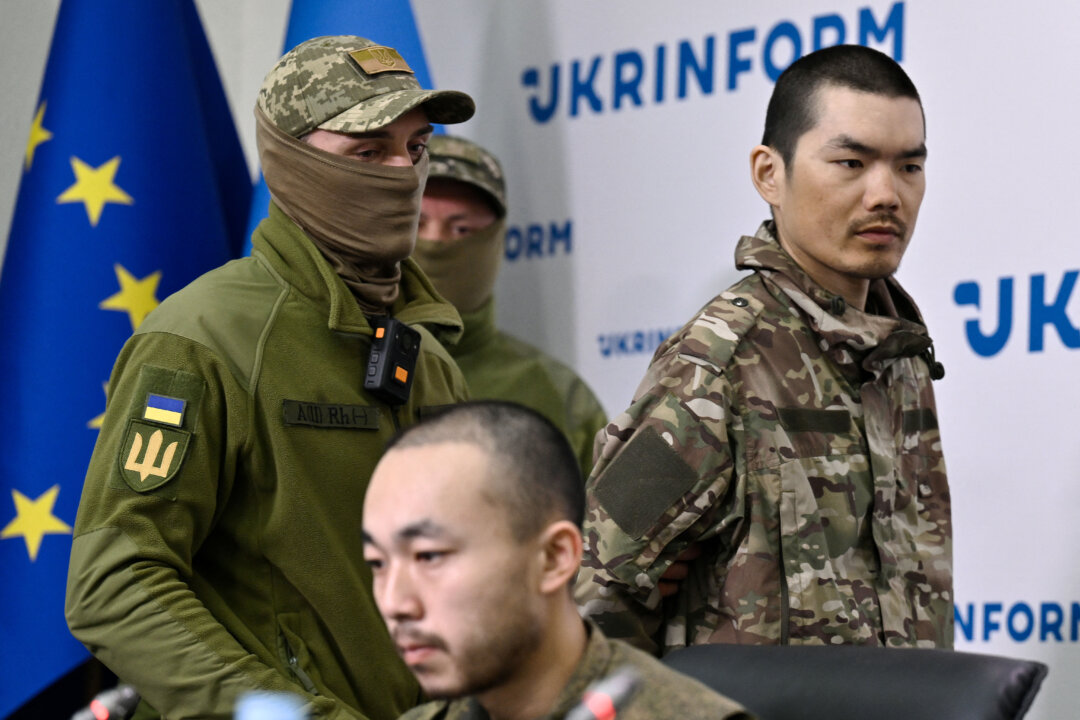LINCOLN — A bill aimed at diluting Nebraska's phased minimum wage increases that voters passed in 2022 cleared a second filibuster in the Legislature Wednesday. Lawmakers advanced Legislative Bill 258 in a 33-16 vote, exactly enough to pass a filibuster-ending cloture motion. The vote pushed the bill to its third and final round of floor debate.
LB 258 is Democratic State Sen. Jane Raybould of Lincoln’s top priority for the 2025 session. The bill would reduce annual cost of living increases to 1.

75% per year, and freeze the minimum wage at $13.50 per hour for workers ages 14 and 15. In addition, LB 258 would also set a 90-day training wage at $13.
50 an hour. Raybould noted this is higher than Nebraska’s current minimum training wage, which is set at $5.45 an hour — 75% of the federal minimum wage.
Raybould's original bill would have set annual cost of living increases to a maximum of 1.5% per year, but that was changed Wednesday through an amendment from Sen. Stanley Clouse of Kearney.
Clouse said he favored a fixed percentage to give both employees and businesses more certainty in their budgeting each year. After the first round of floor debate, Clouse said he would not vote for cloture in the second round if his amendment wasn't attached. But before the vote Wednesday, he said he would have voted for cloture even without his amendment, because he was frustrated by the filibuster, calling it a waste of time and taxpayer dollars.
Though he acknowledged opponents were working within the Legislature's rules, he said they weren't using the rules the way they were intended to be used. Raybould argued LB 258 is meant to help smaller businesses that are working on "razor-thin margins" and are unable to absorb the higher costs associated with the rising minimum wage. She also argued that freezing the youth wage will help incentivize businesses to hire young people.
Raybould caught flak from her fellow Democrats for bringing the bill. They accused her and other supporters of ignoring the will of Nebraska voters — a trend for this legislative session. In 2022, more than 58% of Nebraska voters approved a ballot initiative phasing in increases to the state’s minimum wage.
After multiple annual increases since then, Nebraska’s minimum wage is currently $13.50 an hour and scheduled to rise to $15 an hour in 2026, with cost-of-living increases aligned with the Consumer Price Index (CPI) set to take effect after that. Sen.
Megan Hunt of Omaha said LB 258 and other bills to dilute voter-approved initiatives sends a message that Nebraska voters only count when they approve measures that are convenient for the majority in the Legislature. She accused supporters of "gaslighting" the public in their rhetoric about voter initiatives, in particular the mindset that the Legislature is allowed to do "whatever they want" with those policies. "We don't have to agree with the policy to do our duty here," Hunt said.
Raybould countered that opponents were being intentionally misleading by omitting the fact that the Legislature has the power to alter voter initiatives under the Nebraska Constitution. She also called critics hypocritical, because several have introduced and signed onto measures that go against other past ballot initiatives on legislative term limits and the death penalty. But several senators pointed out that a big difference in the measures proposed this year to extend term limits and prohibit the death penalty is that they were introduced as constitutional amendments, which would require voters to approve them if the Legislature passes them.
Sen. Wendy DeBoer of Bennington said this would have been a better approach for LB 258 to take. LB 258's opponents largely criticized its freezing of the youth wage, saying it sends the message that young workers aren't as valuable.
Sen. Danielle Conrad of Lincoln, who led both filibusters against the bill, noted that many young workers in Nebraska are from impoverished households, and use their wages to support their families. "In Nebraska, fairness is not negotiable," said another opponent, Sen.
John Fredrickson of Omaha. Raybould said the lower youth wage is primarily because 14- and 15-year-old workers are federally prohibited from using certain equipment that can be dangerous and are limited in the number of hours they are able to work. Sen.
Paul Strommen of Sidney, who brought a similar measure to dilute a voter-approved paid sick leave policy, said the never-ending cycle of rising costs is a burden on businesses, and will ultimately push business owners to reduce their staff in favor of more automation. Conrad refuted that over the last several years as Nebraska has raised its minimum wage in line with the ballot initiative, it hasn't had a noticeable negative impact on Nebraska's economy. She said the raises have instead helped bring Nebraska families out of poverty, and the dollars they've spent are recirculated through the state.
Despite filibuster, Nebraska bill advances that's aimed at lessening minimum wage increases Attempts to change Nebraska voter-approved initiatives alarm senators and voter groups From taxing tattoos to ending incentives: 7 ways Nebraska might plug $396 million budget hole.
Politics

Nebraska bill to dilute voter-approved minimum wage increases survives second filibuster

A bill aimed at diluting Nebraska's phased minimum wage increases that voters passed in 2022 cleared a second filibuster in the state Legislature Wednesday.















